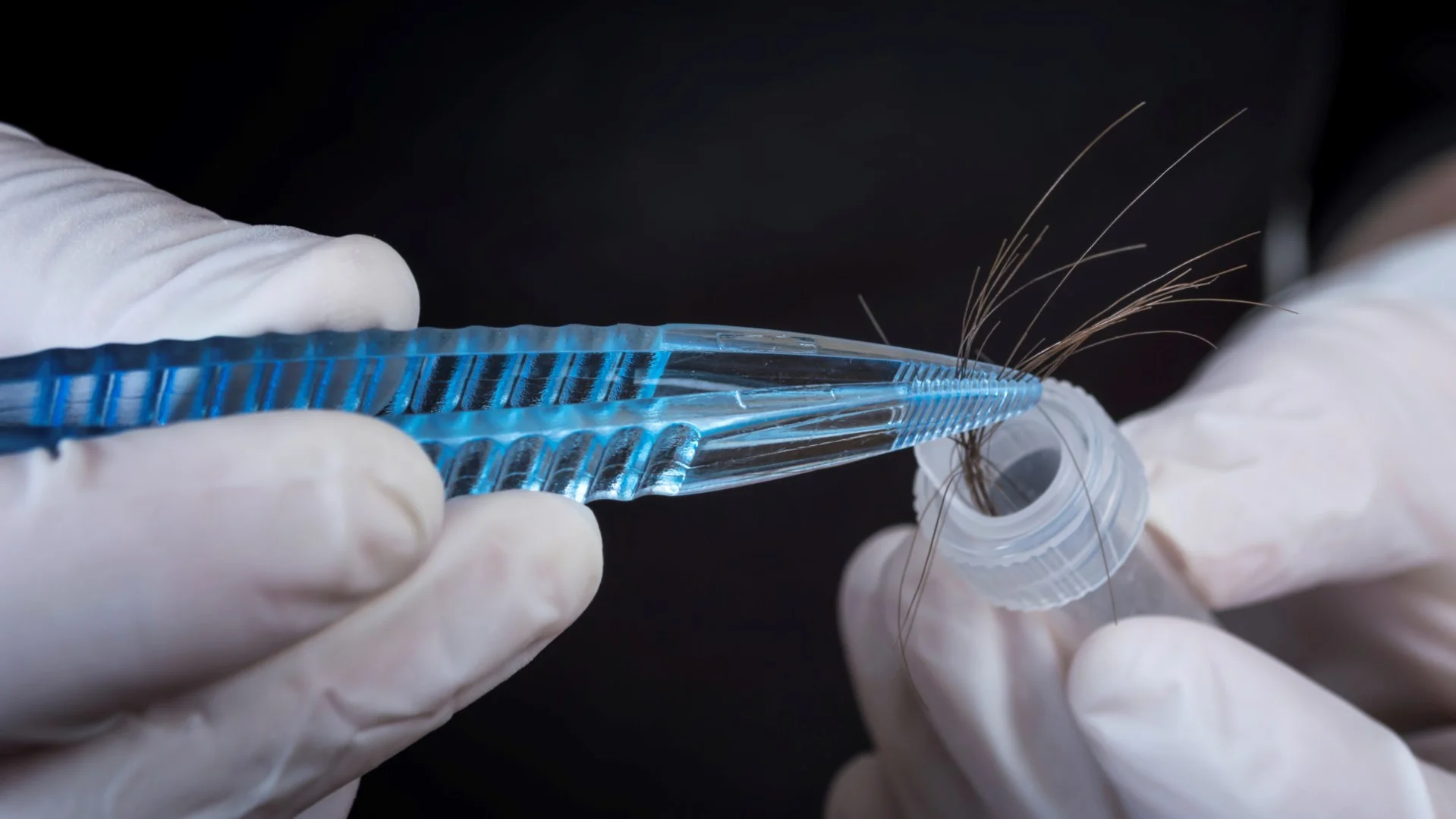
Forensic Science and Criminal Investigation
If you enjoy science at school and are interested in pursuing a career in science, forensic investigation and/or criminology, this is the course for you!
In Year 1 you will study Chemistry, Physics and Biology; you will complete a number of assignments and many practical investigations, gaining a wide range of skills. In Year 2 you collect and analyse forensic evidence from a mock crime scene and prepare a witness statement to present in a mock court scenario. You will also study forensic genetics and the use of DNA in investigations, criminology and criminal investigation in practice.
Topics Covered
- Principles and Applications of Science
- Practical Scientific Procedures and Techniques
- Science Investigation Skills
- Forensic Investigation Procedures in Practice
- Applications of Criminology
- Criminal Investigation Procedures in Practice
- Physiology of Human Body Systems
- Forensic Genetics
Course Essentials
Courses Available
BTEC Level 3 Diploma (equivalent to 2 A Levels)
PLUS
Grade 5/5 in GCSE Combined Science
How The Course is Assessed
Internal assignments and external assessment
Career Pathways
The qualification carries UCAS points and is recognised by higher education providers as contributing to admission requirements for many relevant courses. Taken on its own, the National Diploma in Forensic and Criminal Investigation will offer learners the opportunity to progress to some applied degree courses. Taken alongside other qualifications, it will prepare learners for progression to a wider range of degree programmes. For example, if taken alongside:
- A Level in Chemistry, learners can progress to forensic science degree courses
- A Level in Psychology, learners can progress to psychology courses
- A Level in Sociology, learners can progress to criminology courses
Transferable Skills
The requirements of the qualification will mean you develop the transferable and higher-order skills that are highly regarded by both higher education and employers. Skills include carrying out practical laboratory tasks, planning investigations, evaluating case studies/sources of information to draw arguments together and produce forensic reports for use in court hearings.
Enquiries To
Jacqueline McDonald: jam@varndean.ac.uk
